Exploratory study into (petro)chemical clusters and safety: Safety parameters within (petro)chemical clusters and stand-alone (petro)chemical companies
Summary
The programme Sustainable Safety 2030 comprises various initiatives aimed at creating an even safer (petro)chemical sector in the Netherlands. One of the components (roadmaps) of this programme aims to significantly improve safety in existing chemical and petrochemical clusters in a sustainable manner.
This research is part of this roadmap, and is an exploratory study to identify the parameters that influence the safety of (petro)chemical clusters, and to what extent these parameters are present in stand-alone (petro)chemical companies. The study is an exploratory study in which the parameters that have an impact on the safety of (petro)chemical companies, whether clustered or not, are identified and inventoried in a qualitative manner.
Main research question: "Which parameters influence the safety and security of chemical and petrochemical clusters and to what extent are these parameters present in non-clustered, stand-alone chemical and petrochemical companies?
In order to formulate an answer, the following sub-questions were considered:
- What are the worst credible accident scenarios for a cluster company and what are the worst credible accident scenarios for a non-cluster company?
- Which parameters can influence the course of the worst-case accident scenarios, respectively for cluster companies and non-cluster companies?
- What are the differences and similarities between the influencing safety parameters of worst-case accident scenarios within the different (petro)chemical clusters in the Netherlands?
Recommendations:
- Encourage and improve information exchange on accident scenarios between neighbouring (petro)chemical companies (with and without domino designation).
- Move towards more proactive and strategic cooperation within clusters
- Establish an overarching cluster body
- Commit to a cluster policy that goes beyond spatial planning and external security
- Give more attention to possible domino effects at (petro)chemical companies within clusters that fall (just) below the BRZO threshold
- Give special attention to integrated factories that are owned by different companies
- Stimulate cooperation and knowledge sharing within clusters, between clusters and with non-clustered companies
- Pay attention to domino effects and escalation effects
- Promote regional and national initiatives on standardisation and uniformity in the field of process safety
- Need for continued awareness of security (anti-terrorism)


